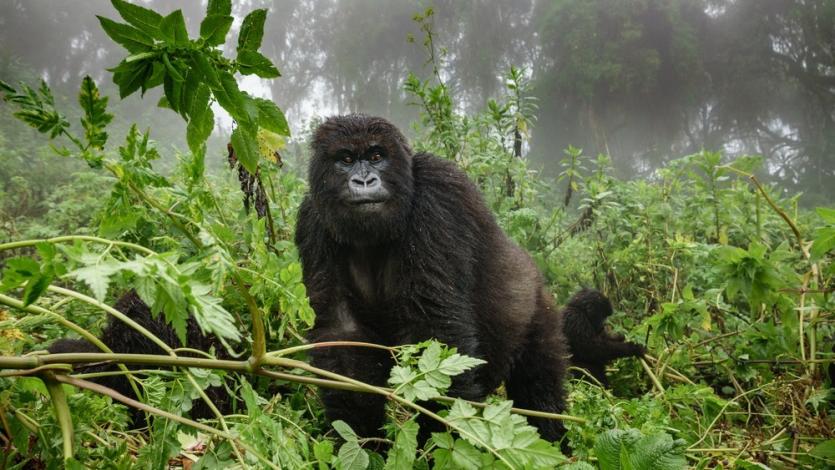Photo:TWD
The World Daily | News Desk JUNE 14th 2021
Both in Africa and Asia, great apes are an endangered species. The habitats in which they live are significantly diminished by human activities. Studies by an international team of scientists predict that the range of these monkeys will decrease by up to 94 percent in 30 years.
By their actions, people can lead to the complete extinction of their closest relatives - the great apes. If we do not change our behaviour, we could be the last great ape on the planet, according to research conducted by an international team of scientists. They published their conclusions in the journal "Diversity and Distributions".
What will happen in 30 years
According to experts, if the worst-case climate scenario turns out to be true and greenhouse gas emissions remain at their current levels, we will lose 94 percent of the habitats that are home to great apes by 2050.
Even if we act together to reduce fossil fuel emissions and protect ecosystems, mathematical models show that gorillas, chimpanzees, and bonobos (dwarf chimpanzees) are likely to lose 85 percent of their range in Africa over the next 30 years. Regardless of which scenario comes true, roughly half of all habitat losses can occur in protected areas such as national parks.






